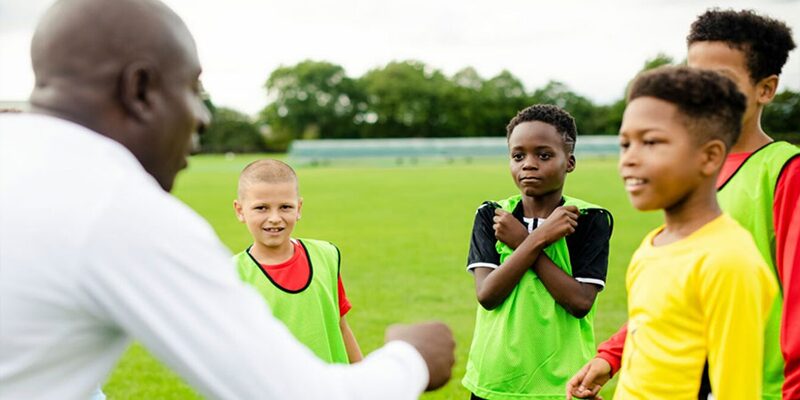Education is more than just classroom learning; it encompasses a wide range of experiences that contribute to a student’s overall development. In Uganda, schools are increasingly recognizing the importance of extracurricular activities in fostering a well-rounded education. These activities, which include sports, arts, clubs, and community service, play a crucial role in enhancing various aspects of student development. This article explores how extracurricular activities are making a significant impact on students’ growth and development in Uganda.
1. Academic Improvement
Extracurricular activities can positively influence academic performance. Engaging in activities such as debate clubs, science fairs, and academic competitions helps students develop critical thinking, problem-solving, and time management skills. These skills are transferable to the classroom, leading to improved academic outcomes. For instance, students who participate in reading clubs often exhibit better language and comprehension skills, which are essential for academic success.
2. Social Skills and Teamwork
Extracurricular activities provide students with opportunities to interact with their peers outside the formal classroom setting. Participation in team sports, drama clubs, and group projects fosters social skills such as communication, collaboration, and empathy. These interactions help students build friendships, develop a sense of belonging, and learn the value of teamwork. In Uganda, where communal activities are a significant part of the culture, these experiences are invaluable in shaping socially adept individuals.
3. Leadership and Responsibility
Taking part in extracurricular activities often involves taking on leadership roles and responsibilities. Students may serve as team captains, club presidents, or event organizers, which helps them develop leadership skills. These roles require students to make decisions, manage their time effectively, and work towards common goals. By assuming these responsibilities, students learn important life skills such as accountability, organization, and initiative. These experiences prepare them for future leadership roles both within and outside the school environment.
4. Physical and Mental Health
Physical activities such as sports and dance are essential for maintaining physical health. Regular exercise helps students stay fit, reduces the risk of chronic diseases, and promotes overall well-being. Additionally, physical activities have been shown to improve mental health by reducing stress, anxiety, and depression. In Uganda, where access to recreational facilities may be limited, school-based sports programs provide students with crucial opportunities for physical exercise.
5. Creativity and Innovation
Extracurricular activities in the arts, such as music, drama, and visual arts, nurture creativity and innovation. These activities encourage students to express themselves, think outside the box, and explore new ideas. Creative pursuits not only enhance artistic skills but also contribute to cognitive development. Students who engage in creative activities are often more adept at problem-solving and critical thinking, which are valuable skills in any academic or professional setting.
6. Community Engagement and Civic Responsibility
Extracurricular activities that involve community service and volunteer work instill a sense of civic responsibility in students. These activities teach students the importance of giving back to their communities and understanding societal issues. By participating in community clean-ups, charity events, and outreach programs, students develop empathy, compassion, and a sense of social justice. In Uganda, where community bonds are strong, these activities reinforce cultural values and promote active citizenship.
7. Cultural Awareness and Appreciation
Uganda is a country rich in cultural diversity, and extracurricular activities can expose students to various cultural traditions and practices. Cultural clubs, heritage events, and traditional dance groups help students appreciate their own culture and learn about others. This exposure fosters cultural awareness, tolerance, and mutual respect, which are essential in a multicultural society. By celebrating diversity, schools contribute to building a more inclusive and harmonious community.
Extracurricular activities are a vital component of education that significantly enhances student development in Uganda. They provide students with opportunities to improve academically, develop social skills, assume leadership roles, maintain physical and mental health, nurture creativity, engage with the community, and appreciate cultural diversity. As schools continue to integrate these activities into their programs, they contribute to the holistic development of students, preparing them to become well-rounded individuals capable of making meaningful contributions to society.
